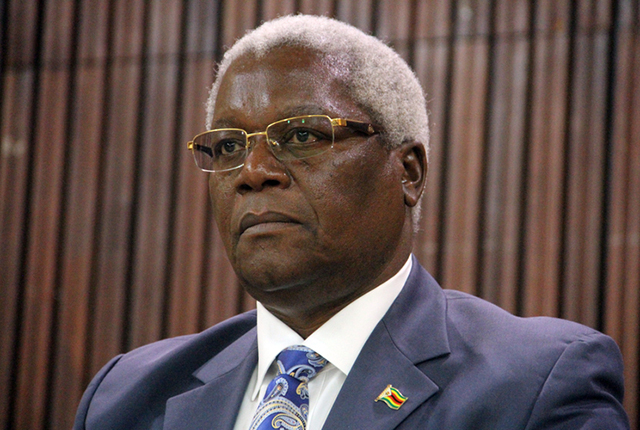‘Power tariff hike will hurt industry’

Golden Sibanda Senior Business Reporter—
THE Confederation of Zimbabwe Industries says hiking the power tariff to help Zesa Holdings to grow its revenue inflows could seriously hurt a manufacturing industry battling to remain afloat, a senior industry official said last week. Confederation of Zimbabwe Industries president Busisa Moyo said in an interview last week that indications by Government that it may review the electricity tariff would only further inflate costs.
“It goes against the quest for competitiveness. As a country, we are pushing for competitiveness. We want to see the cost of doing business going down not going up,” he said.
“Government is working to improve ease of doing business.”
Mr Moyo said ZESA should “look elsewhere for cost cutting as opposed to raising the power tariff” to cover up for inefficiencies because hiking cost of power was not sustainable.
Power makes up 3 percent to 5 percent of the manufacturers’ costs of production. The electricity tariff was listed among major constraints to growth of capacity utilisation in the 2016 manufacturing capacity utilisation study.
Mr Moyo’s remarks follow pronouncements by Energy and Power Development Minister Samuel Undenge in Parliament last week that there was need to reconsider the earlier request by Zesa to help it get revenue to support operations.
Minister Undenge was responding to an inquiry on whether ZESA would be able to consistently supply power after the regulator had declined its request to hike prices for electricity. The power utility is owed over $1 billion in unpaid bills.
Zesa had earlier applied to the Zimbabwe Energy Regulatory Authority for a 49 percent increase in the power tariff to shore up its revenue inflows, but the proposal was shot down.
ZERA said it had taken into account the consequences on the economy and efforts by Government to grow local power generation, through a series of public and private projects.
Had Zesa’s proposal been approved, the power tariff would have risen from 9,83 cents per kWh to 14,6 cents per kWh. The power utility has never been able to effect an “economic” tariff since 2009 save for intermittent adjustments.
The CZI president said an increase in the cost of business operations would compromise competitiveness of local industry and weigh down on efforts to improve the ease of doing business.
He pointed out that it was not only the manufacturing sector that is burdened by a cocktail of economic challenges, but every sector including agriculture, mining and tourism.
Some miners, Mr Moyo said, have even proposed further downward review of the power tariff to the sector from an already discounted price they are currently paying citing high costs.
The CZI president said it was critical that an affordable pricing regime is maintained to enable the manufacturing industry to continue to export foreign exchange earning products and to keep down prices of products consumed locally.
“ZESA must come to the part and not just think of price increase as the solution. We have a formula of what must happen if we are going to have an increase (of the power tariff),” he said.
Mr Moyo added that raising power tariffs would compound the challenges already betting the industry, which include challenges making foreign payments to procure raw materials.
Many companies, he said, have a three months backlog on foreign payments. The RBZ devised a priority list for foreign payments, which includes raw materials for edible oils.
It is expected that foreign payments will improve once the tobacco marketing season, a major export earner, begins next week while reduced grain imports will fall on account of a good farming season to save the country foreign currency.










Comments